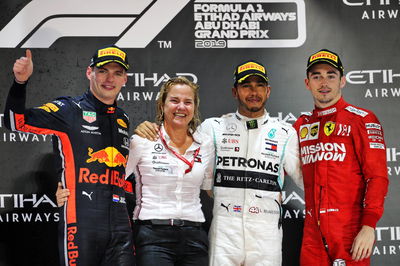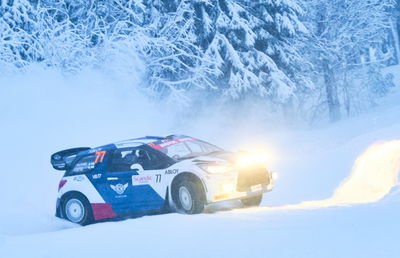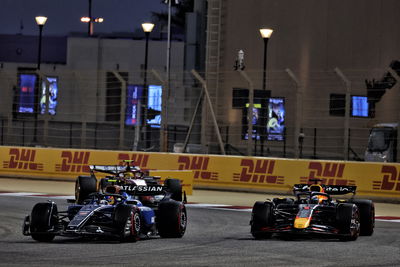Symonds surprised how long it took for teams to catch Mercedes
While Pat Symonds isn’t surprised by the performance Mercedes has produced from its power unit in the V6 hybrid era, he admits he didn’t anticipate its rivals to continue to trail for so long in Formula 1.
Since the switch to V6 hybrids in 2014, F1 has been dominated by Mercedes and its power unit with the German manufacturer storming to six consecutive world drivers’ and constructors’ championships.

While Pat Symonds isn’t surprised by the performance Mercedes has produced from its power unit in the V6 hybrid era, he admits he didn’t anticipate its rivals to continue to trail for so long in Formula 1.
Since the switch to V6 hybrids in 2014, F1 has been dominated by Mercedes and its power unit with the German manufacturer storming to six consecutive world drivers’ and constructors’ championships.
Former Williams technical chief Symonds, who use Mercedes as its engine supplier, says its facilities, financial backing and engineering input made it clear to see how it became so dominant under the current engine rules.
“It’s been amazingly impressive,” Symonds, who is now chief technical officer of F1’s motorsport division, said at the Autosport International Show. “If ever you go to HPP and Brixworth, you understand why. There are so many good people there, so well financed, such good equipment, fantastically strong leadership from Andy Cowell. It doesn’t surprise me now [but] I didn’t anticipate it.
“I think even if you go back to the V8, I think the Mercedes was the strongest engine, and they didn’t always have it in the best chassis when they were really supporting McLaren, but as soon as it went into the Brawn, it won a championship. No, I wouldn’t have anticipated it.”
But what has come as an unwanted surprise, given his new F1 role, is the length of time it has taken Mercedes’ rivals to match it in terms of power and performance output.
“Perhaps more importantly, I wouldn’t have anticipated how long it’s taken for the others to catch up,” he said. “They have caught up now. I think Mercedes would even say Ferrari have gone ahead. But it surprised me how long that’s taken.”
While Mercedes power continued to dominate in 2019, with the works team storming to 15 wins out of 21 races, both Red Bull-Honda and Ferrari notched up three wins apiece to provide a more competitive fight at the front compared to the start of the V6 Hybrid era in 2014 when Mercedes won 16 out of 19 races.
Last year Mercedes’ customer teams slipped down in the midfield fight with Racing Point finishing in seventh place and Williams in last position – but both teams’ struggles can be connected to financial and engineering issues rather than engine performance.
From 2021 Mercedes will also supply power units to McLaren to restart a partnership which previously ran between 1995 to 2014.











